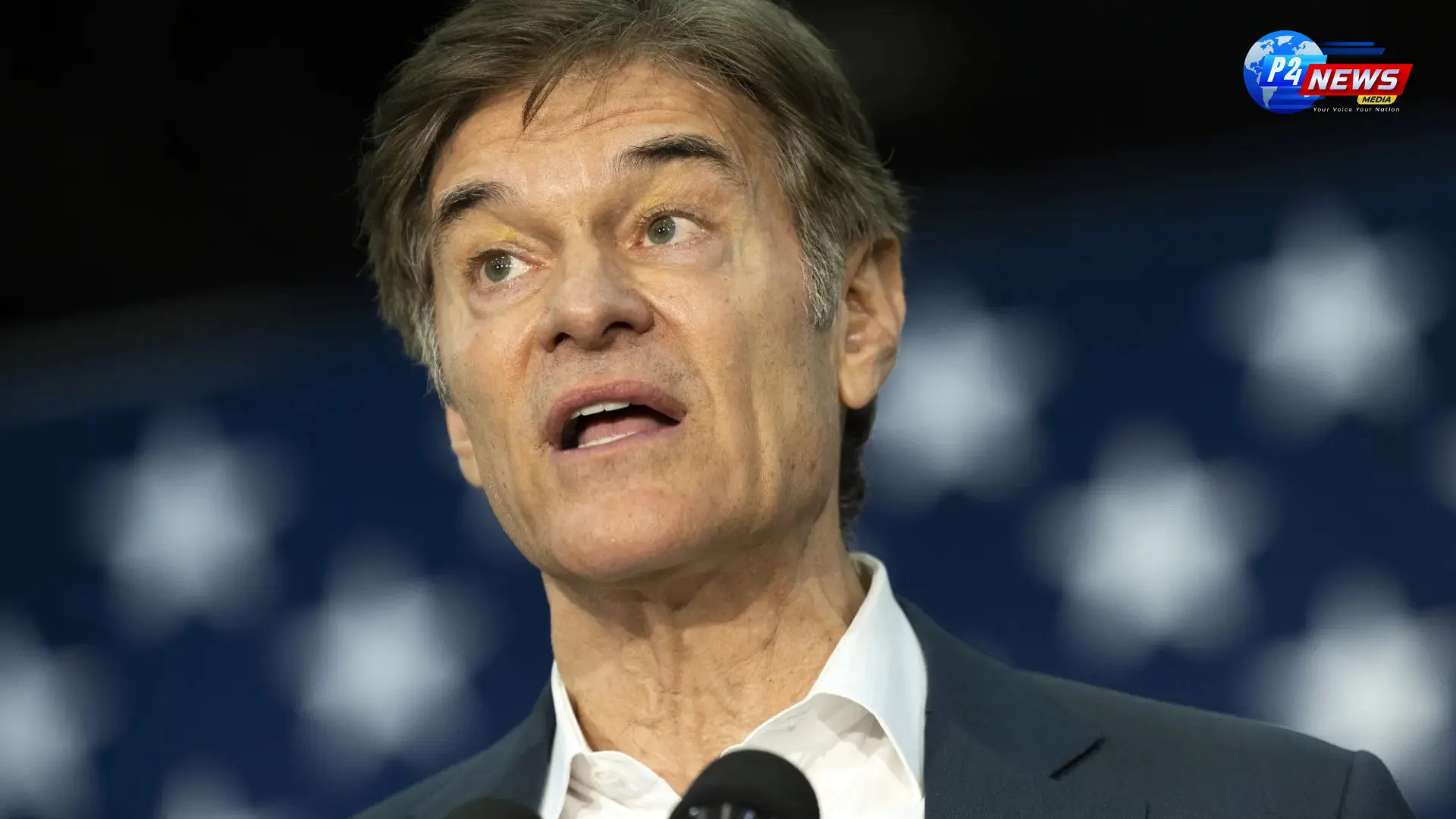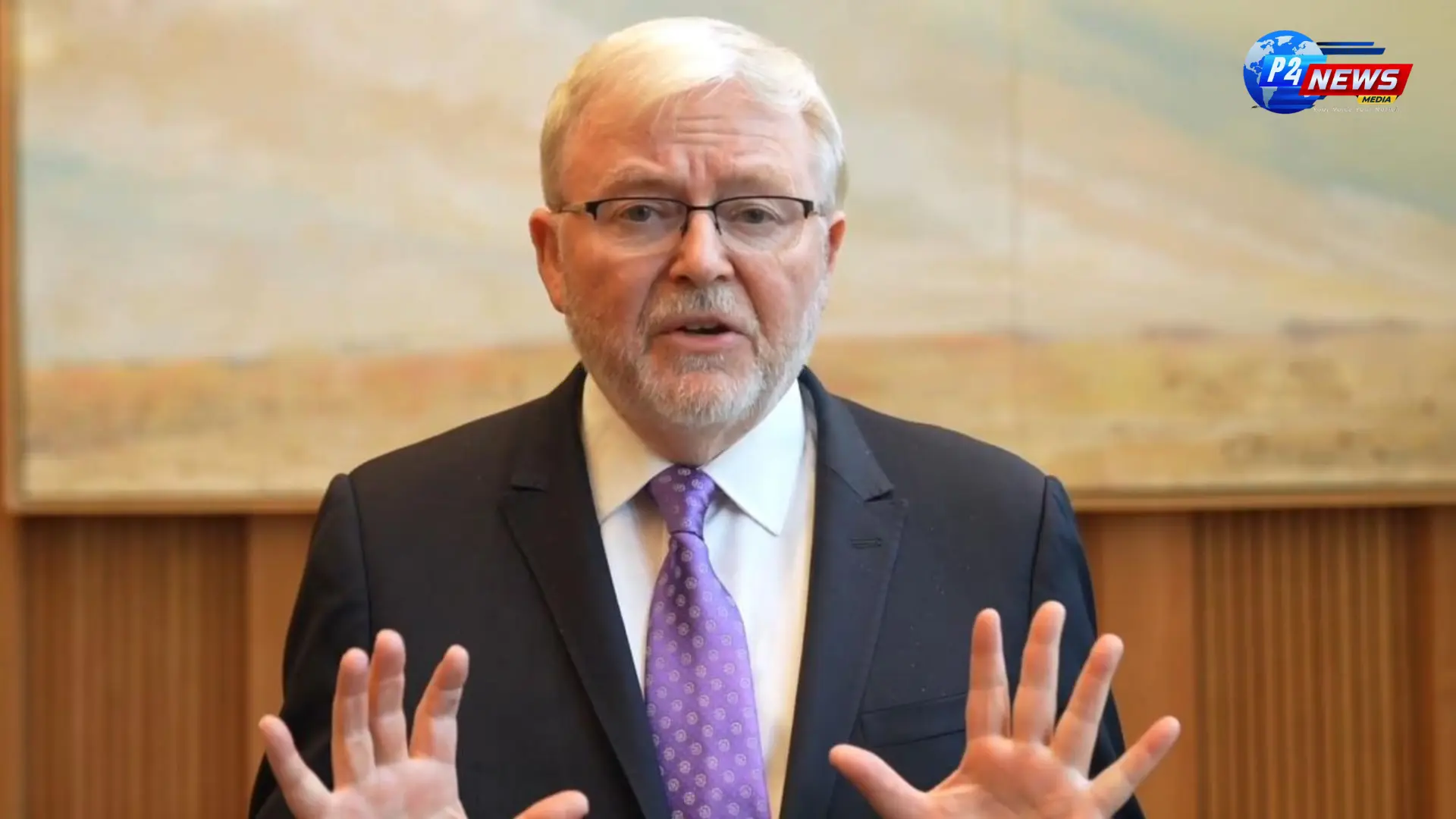Donald Trump has ignited debate with his latest nomination of Dr. Mehmet Oz, the renowned TV doctor, as the head of a critical US health agency. Oz, known for his alternative medicine advocacy, will lead the Centers for Medicare and Medicaid Services. This agency oversees healthcare for millions of Americans, including retirees and low-income individuals. Trump hailed Oz’s qualifications and commitment to improving health outcomes, while some question the implications of this appointment for the nation's healthcare system. As Oz steps into this role, his previous Senate run and broadcast healthcare advocacy will be scrutinized, sparking discussions on his approach to tackling ongoing health challenges in America.
Donald Trump has made headlines once again by nominating Dr. Mehmet Oz, a television personality and advocate for alternative medicine, to lead the Centers for Medicare and Medicaid Services (CMS). This selection has already attracted considerable attention and stirred controversy, predominantly due to Dr. Oz's previous foray into politics and his unconventional views on healthcare. As the leader of CMS, Oz will have a significant responsibility overseeing health insurance programs crucial for millions of Americans, including retirees and individuals with disabilities.
During his announcement, Trump emphasized that America is in the midst of a healthcare crisis and asserted that there may be no one more qualified than Dr. Oz to spearhead efforts to revitalize the nation's health system. He described Oz as a skilled physician, heart surgeon, inventor, and a prominent communicator who has consistently promoted healthy living. Trump positioned Oz not only as an advocate for improved health outcomes but also as a challenger to what he referred to as the “illness industrial complex,” suggesting that Oz would address chronic health issues that many Americans face.
However, this nomination raises questions about the actual impact Oz can have on the healthcare system. Critics may ponder the true meaning of the "chronic diseases" mentioned by Trump and the specifics of the “illness industrial complex” that Oz is expected to confront. While some view Oz’s celebrity status as a potential advantage in raising awareness about health issues, others challenge the qualifications he brings to a role of such magnitude.
Prior to his nomination, Dr. Oz attempted to secure a Senate position, running as a Republican candidate in Pennsylvania. Unfortunately for him, he was defeated by the Democrat John Fetterman, which adds another layer of complexity to his appointment in a highly politicized environment.
Dr. Oz's career has been marked by high-profile television appearances, particularly his frequent contributions on The Oprah Winfrey Show, which catapulted him into the national spotlight. He later hosted his own program, The Dr Oz Show, which garnered multiple Daytime Emmy Awards for its focus on health and wellness. His emphasis on alternative medicine and lifestyle changes has been both praised and criticized, contributing to the polarized views surrounding his new role at CMS.
In the coming days, it will be essential to observe how Dr. Oz approaches his responsibilities at the helm of such an influential agency and whether his unique blend of celebrity and healthcare acumen will lead to meaningful improvements in the American health landscape. As the debate continues on the implications of his nomination, all eyes will remain on this new chapter in the intersection of healthcare and politics.
















Comments 0